Written by Kristen Berg
As we begin to grow the DC chapter of WISP, one of the tools essential to professional growth for our members will be a mentorship program. Studies show that successful mentoring relationships lead to greater career success, including raises, promotions, further exposure within the professional community, and increased opportunities for advancement.
However, one must remember that a mentoring relationship is not automatically successful. An effective mentoring relationship takes effort and creating such a relationship requires structure and commitments from both the mentor and mentee. Success can only happen when both parties take responsibility for making it work and follow some best practices.
Initially, it is important that both mentor and mentee outline their expectations, what benefits they hope to leverage from the relationship, and how they plan to hold themselves accountable. All these points should then be discussed at an initial meeting. In order to maintain focus, it is best to provide direction to the relationship which can be done by:
Setting an initial commitment of a short duration to ensure compatibility exists
If the relationship is compatible, coordinating a duration for the mentoring relationship as well as a commitment on how often to meet
Committing to honesty in the relationship
Focusing on specific problems or challenges
Mentors have valuable industry and professional community expertise that will be helpful to their mentees. In taking the role seriously, mentors should ensure that they listen carefully to the mentee to fully understand the mentee’s needs and expectations. This will assist in providing practical advice. Mentors can also assist their mentees by role-playing conversations or interviews and subsequently providing candid feedback. In addition to providing help, mentors may gain valuable feedback from the relationship through new insights on a topic or being able to use the mentee as a sounding board for professional challenges (which would provide the mentee with insights into how another professional works through problems).
When participating in mentorship program, mentees are given the benefit of another professional’s experience and insight, and should use that resource mindfully. Developing an agenda for each meeting (shared in advance with the mentor) will provide structure to the relationship as well as a starting point for the mentor to think about what may be helpful. The agenda should focus on one topic at a time, in order to make the meeting as useful as possible and avoid vague, general topics. Mentees should also arrive to meetings promptly and be prepared with any data or documents on which they seek advice.
By committing to a respectful relationship, following a guided structure, and focusing on specific, actionable goals and issues, the mentor and mentee should be able to each gain valuable insights from the interaction as well as an ongoing professional connection.
